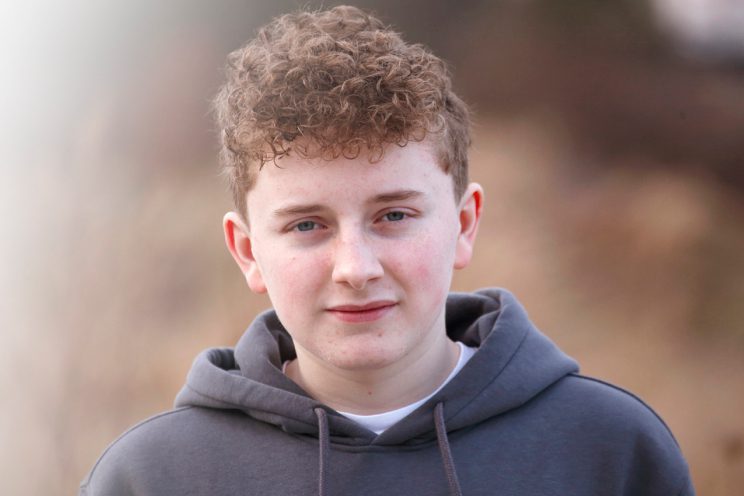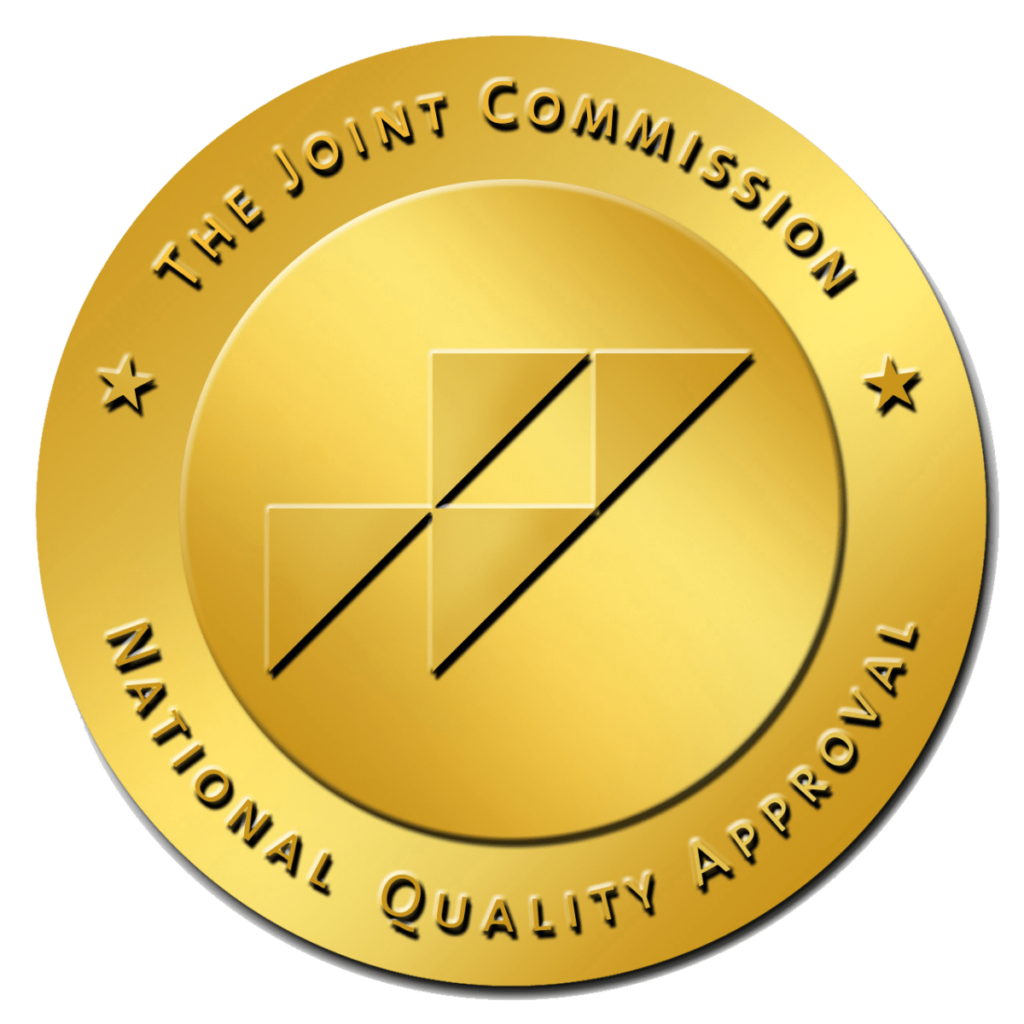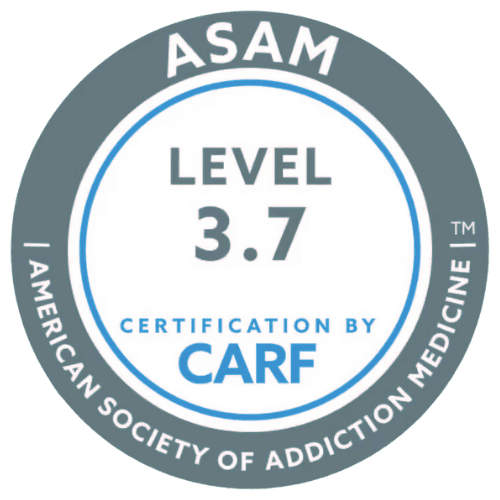Psychiatric Residential Treatment for Youth
A special trauma-based program for
Children and Adolescents Ages 10-14.
While it is common to think of young people as being particularly resilient, the fact is that trauma can threaten to derail a life at any age. Children and adolescents—just like adults—are sometimes ill-equipped to process trauma in healthy ways. As a result, they may begin to exhibit a variety of trauma-related symptoms that upend their ability to function in a whole range of situations. Often a parent or other caregiver is unable to adequately address the issue, not because they are unwilling, but because the treatment of trauma-based disorders requires a kind of expertise that most caregivers simply do not have.
That is why, in some cases, the best way to help a young person who has experienced a significant trauma is through a residential treatment program.

Key Features & Specialties
First and foremost, children and adolescents in residential treatment benefit from Highland’s safe and supportive environment. In addition, they participate in academic programming created and taught by certified teachers. And each month, the facility hosts a family day to help maintain connections with loved ones at home.
Our Approach
Therapeutic Approaches Include:
· Dialectical behavioral therapy training skills: this type of therapy seeks to identify and then change negative thinking patterns in an effort to drive positive behavioral changes.
· Trauma-focused cognitive behavioral therapy: this form of therapy helps individuals identify and change destructive or disturbing thought patterns that can negatively affect emotions and behavior.
· Behavioral modification: this approach to therapy seeks to change habitual negative behavior through positive and/or negative consequences.
Our Staff
Our Staff Includes:
· A Program Manager
· Psychiatrists
· Physician Assistants
· Registered Nurses
· Licensed Practical Nurses
· Therapists
· Case Managers
· Activity Aides
· Behavioral Health Technicians

Program Overview
Highland Hospital’s psychiatric residential treatment program for youth youth serves children and adolescents between the ages of 10 and 14. The program lasts for six to nine months.
In treatment, young people who have been diagnosed with a psychiatric condition that leads to severe functional impairment will learn to succeed in various areas of life. Areas of focus include succeeding at school, building and maintaining interpersonal relationships, strengthening communication skills, emphasizing healthy thought processes, practicing self-care, and contributing in the community. The goal is to minimize the role past trauma plays in the young person’s life as they look toward their future.
Evidence Based, Compassionate Care in a State-of-the-Art Facility
Highland Hospital prides itself on excellent facilities, a steadfast commitment to evidence based treatment practices, and a spirit of compassion. By employing all three, we offer children and adolescents a treatment program that can help them transcend the trauma they have experienced so that they are able to build a brighter future for themselves.

How Does a Child or Adolescent Qualify for Residential Treatment?
The psychiatric residential treatment program is for young people who have a primary diagnosis of:
- Bipolar disorder: characterized by highs and lows in mood and behavior
- Major depressive disorder: characterized by sustained depression of a long period of time.
- Reactive attachment disorder: characterized by an inability to form healthy emotional attachments
- Post-traumatic stress disorder (PTSD): characterized by the replaying of traumatic experiences in a way that disrupts day-to-day life.
In addition, the young person in question must have experienced an identified trauma such as:
- Abuse — whether physical, emotional, sexual, or some combination.
- Neglect—whether caused by carelessness, indifference, an unwillingness to provide care, or some combination
If a child or adolescent meets the above criteria and has an IQ of at 70 and an ability to respond positively to treatment, they may be admitted to the residential program.




